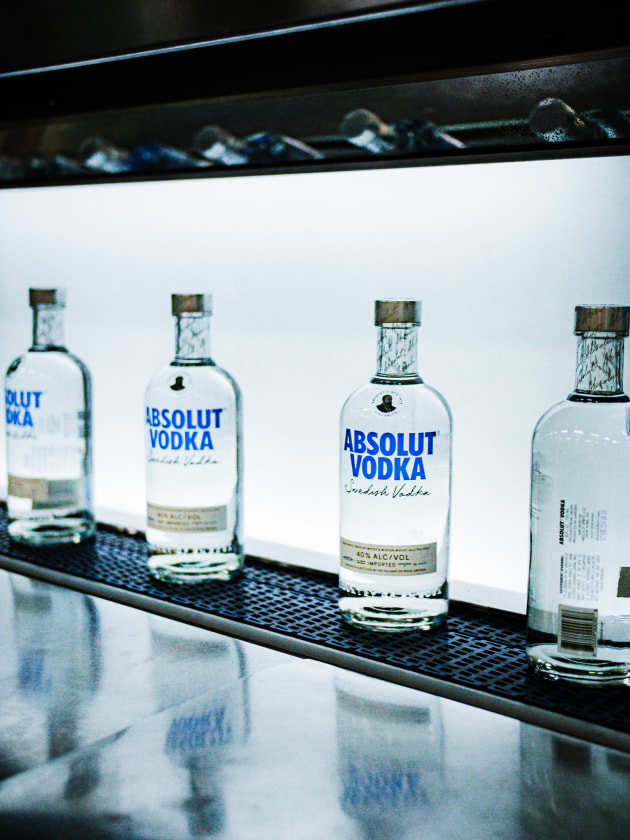Absolut Vodka is to become the first global spirits brand to move to a partly hydrogen energy-fired furnace for large-scale production in a significant step to reduce the CO2 emissions from making its iconic bottles.
The hydrogen initiative is an important milestone for Absolut Vodka in becoming completely CO2-neutral by 2030. A prerequisite for being able to meet this goal is in reducing the carbon footprint of its glass packaging.
“The glass manufacturing industry is on a transformative journey, and the world can’t wait for the perfect solution,” said Stephanie Durroux, CEO of The Absolut Company.
“A bold and innovative approach is needed to accelerate radical change that will help solve the significant sustainability challenges that all glassmakers and buyers of glass face.”

Absolut has signed an agreement with Ardagh Glass Packaging in Limmared, Sweden, a subsidiary of Ardagh Group, to use this partly hydrogen-fired furnace (20% green gas) commencing in the second half of 2023. This means a full-scale change of the continuous production of Absolut bottles for all markets globally.
The hydrogen will be produced onsite at Ardagh by using renewably-sourced electricity and would reduce Absolut Vodka’s carbon footprint from glass by 20 per cent.
“Our industry needs to be less reliant on fossil fuels and transition at pace to using more green energy,” said Bo Nilsson, managing director of Ardagh Glass Limmared.
“By investing in this new technology, we are embarking on a journey to reduce the carbon footprint of our glass packaging.
“There are challenges with such innovation, but we are committed to being an early mover in future-proofing our glass manufacturing operations worldwide.”
In addition to the Absolut Vodka and Ardagh Group partnership, the Group is also becoming a member of Glass Futures, a not-for-profit research and technology organisation connecting the industry and academia to build a Global Centre of Excellence for glass to create sustainable, low carbon bottles.
“At Glass Futures, we bring together global supply chains, with common problems, to enable a revolutionary change in glass manufacture to decarbonise both the glass and foundation industries,” explained Richard Katz, CEO of Glass Futures.
“We’re delighted that Pernod Ricard, a global wine and spirits company committed to being sustainable and responsible, has joined our membership.
“We hope the trials into new low carbon fuels and technologies will drive innovations in the glass supply chain and support our members on their journey to net zero.”
Together with glass producer Encirc and Glass Futures, Irish Distillers, owner of Jameson Irish Whiskey, and a Pernod Ricard affiliate, was part of a groundbreaking trial in 2020, which leveraged the use of biofuels to produce more than three million glass bottles for Jameson from 100 per cent recycled glass, resulting in a reduced carbon footprint of up to 90 per cent.
“These exciting partnerships, which we are delighted to unveil in the lead up to the COP27, are key to accelerating our sustainability journey,” exclaimed Vanessa Wright, chief sustainability officer at Pernod Ricard.
“True to our vision, we strongly believe in working with others to strengthen what we do collectively and drive innovation for a greener future, in line with our 2030 sustainability and responsibility roadmap Good Times from a Good Place.”






